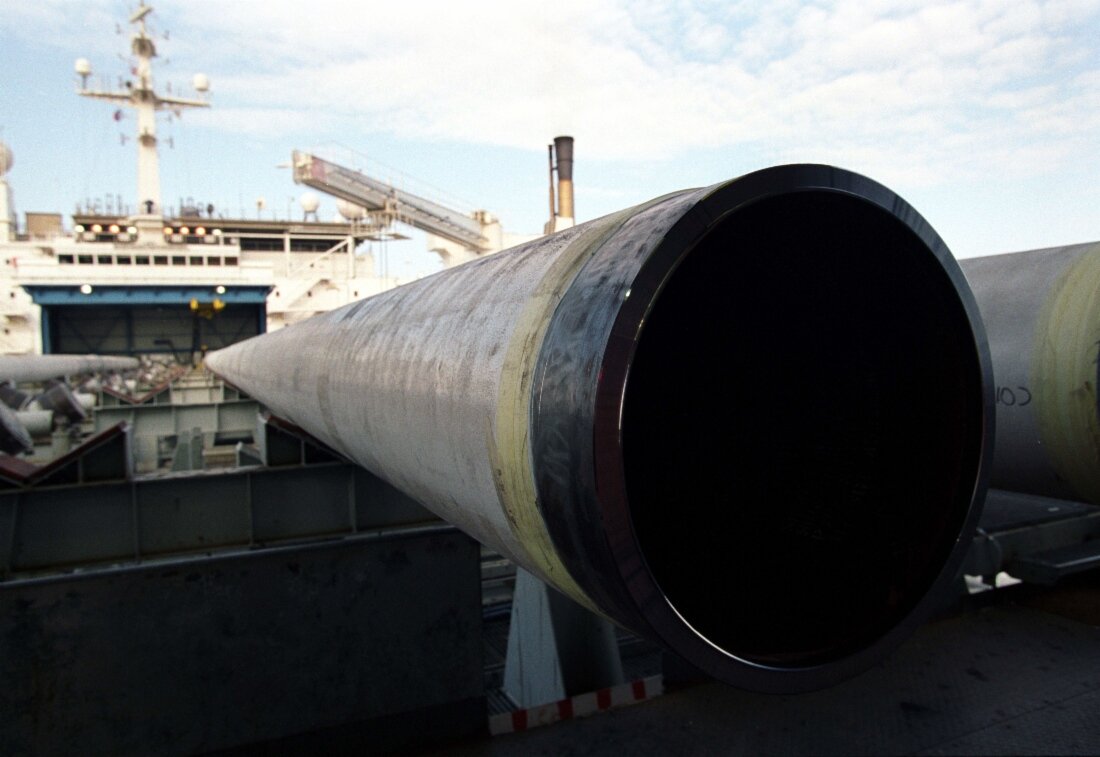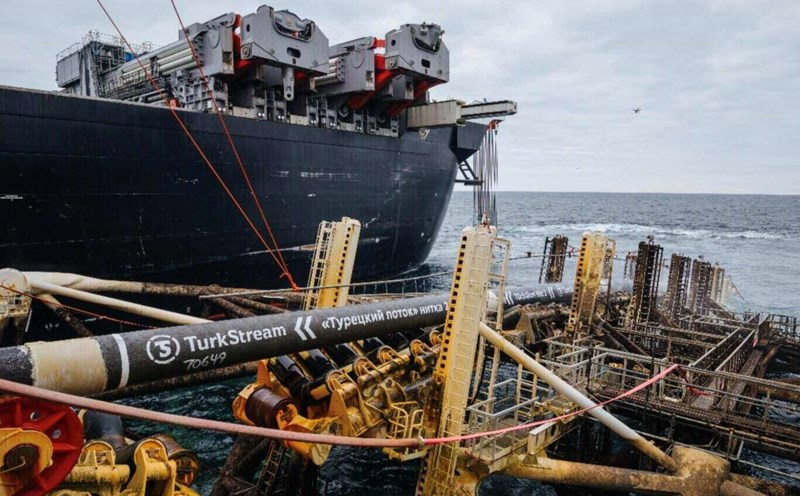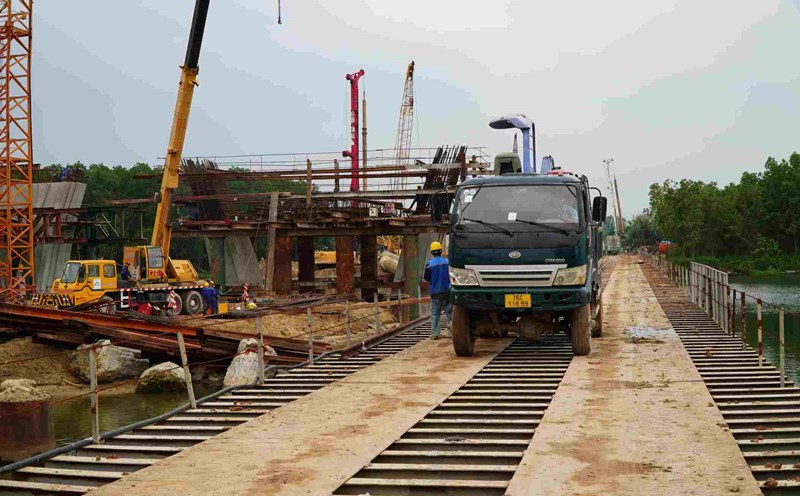The Austrian Energy Ministry confirmed to the Financial Times that the European Union must maintain the ability to reassess the situation once the war ends.
The statement confirmed that Elisabeth Zehetner, Austria's energy minister, had made the proposal to EU ministers at a meeting in Luxembourg earlier this week.
Vienna's stance marks the first time since the Russia-Ukraine conflict broke out in February 2022, an EU country, other than Hungary or Slovakia, has publicly mentioned the possibility of resuming Russian gas imports after the conflict.
The European Commission on June 17 proposed banning all new gas contracts with Russia and terminating current contracts for two years, regardless of the outcome of peace talks in Ukraine.
EU Energy Commissioner Dan Jorgensen asserted earlier this week that any peace deal should not lead to the EU resuming gas imports from Russia.
He stressed that the plan to abandon Russian energy is not a temporary reaction to the conflict in Ukraine but because the bloc "cannot consider Russia a reliable trading partner".
That means, regardless of whether it is peaceful or not, the ban will continue, he stressed.

The European Commission is also confident that when it terminates its long-term gas contract with Russia, European companies will not have to compensate for the damage. "It is not a case of force majeure," he said.
According to the Financial Times, the European Commission plans to use trade law to issue a complete ban on Russian gas. Mr. Jorgensen pointed out that, unlike sanctions, which require the unanimous consent of the 27 EU countries every 6 months, the gas ban "will be effective until a decision on change is made".
Previously, EU officials have debated whether the peace talks in Ukraine should include the content of resuming Russian gas imports.
The European Commission is determined to opposed the idea. Brussels also proposed a complete ban on the Nord Stream pipeline project connecting Germany with Russia. German Chancellor Friedrich Merz also supported the ban on Nord Stream to extinguish internal controversy over a return to using cheap gas from Russia.
Austria has been dependent on Russian gas for decades, with about 80% of its gas imports coming from Russia before 2022. The relationship is based on long-term contracts between Russia's Gazprom and Austria's OMV energy giant. The Austrian government holds a 31.5% stake in OMV. The Austrian energy giant severed ties with Gazprom in December last year after a long-term contract dispute. Vienna is currently trying to diversify its supply, including increasing gas imports from other European countries such as Germany.
Neighbors such as Hungary and Slovakia, which are still dependent on Russian gas, have repeatedly opposed the EU's plan to completely cut off energy ties with Russia by 2027.
According to Ember Research Institute, Italy, the EU's largest importer of Russian gas by 2024, has also proposed in closed-door meetings the possibility of resuming Russian gas imports after the conflict in Ukraine.











